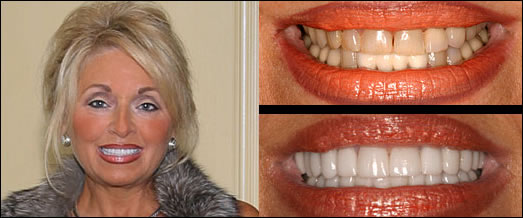Whether you play a team sport like ice hockey, participate in an individual activity like biking, or just enjoy a game of touch football at the park, you should be wearing a mouth guard if you want to protect your smile. Nearly 40 percent of mouth injuries occur during sports activities. Dentists report that the majority of those injuries could have been prevented by wearing a mouth guard.
Who needs a mouth guard?
Mouth guards can limit the risk of injuries to the lips, tongue, soft mouth tissues, and teeth for anyone involved in an activity that can result in contact (whether that be with another athlete or the ground). They are made for athletes of all levels and ages, and may also be worn by those with braces.
What can happen if I don’t wear one?
Injuries range from minor to severe, but even the minor ones can be painful and hard to treat. Minor injuries might be a chip or crack in the tooth, or cuts caused by biting the inside of your mouth. You can lose teeth or suffer nerve damage. More serious injuries include fractures of the jaw, cheekbones, or eye sockets. Fractures can cause trouble breathing, speaking, eating, or swallowing.
Are all mouth guards the same?
Dentists report that any type of mouth guard is better than none, but there are several choices available depending on the desired level of protection and cost.
• Custom — A high quality, custom mouth guard is available from your dentist and provides the best fit and protection.
• Boil-and-bite (or self-fit) – Available at sporting goods stores, these are boiled and then molded to your mouth. These are dependent on the ability of the person doing the fitting, and last a shorter time since they are made of soft material. However, they do offer decent dental protection.
• Stock – These are purchased in a store and worn as-is, so they do not fit your mouth exactly and can be easily lost during an incident. Stock mouth guards are inexpensive, but also not recommended by dentists.
 Patient Forms
Patient Forms Email
Email Get Directions
Get Directions
 View Gallery
View Gallery 
